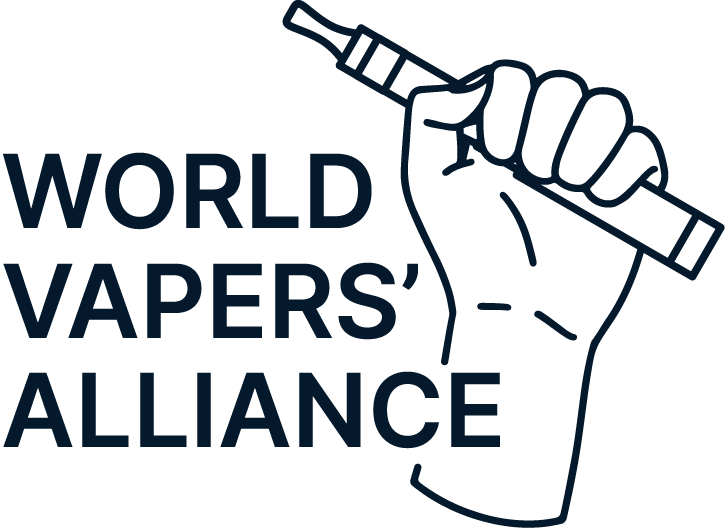Prima zi a Forumului Global privind Nicotina (GFN) a avut loc online astăzi, cu o participare numeroasă.
A fost un an dificil pentru utilizatorii de țigări electronice. Am avut problema înșelător numită ‘evali’ (leziuni pulmonare legate de țigările electronice și vaping) în SUA și îngrijorări tot mai mari cu privire la vaping în rândul tinerilor și interdicțiile privind aromele în SUA. Cum au ajuns lucrurile atât de rău pentru utilizatorii de vaping?
O serie de vorbitori numeroși și unii dintre cei mai mari nume din domeniul reducerii riscurilor cauzate de tutun au umplut o zi plină de perspective interesante. Dacă doriți o scurtă trecere în revistă a unora dintre contribuțiile cheie, citiți mai departe, am prezentat mai jos concluziile mele de la fiecare vorbitor.
Reflectând la prima zi minunată a GFN, am rămas cu o idee de la Louise Ross, de la Serviciul pentru Stop Fumat din Leicester City. “Mai puțin fumat înseamnă mai multe zile de naștere”, a spus ea. Foarte adevărat, Louise. Asta nimerește exact și despre asta este vorba.
Mâine va lua cuvântul o mulțime de alți vorbitori remarcabili și aștept cu nerăbdare să-mi închei din nou gândurile aici.
Pavel
—
Primul a fost Clive Bates (Regatul Unit). Este director al Counterfactual, o firmă de consultanță și advocacy axată pe o abordare pragmatică a sustenabilității și sănătății publice și anterior director la ASH (Action on Smoking and Health). Misiunea s-a schimbat, a spus el. Accentul era pus înainte pe salvarea de vieți omenești. Mass-media este o mare parte a problemei, a spus el. Creșterea rețelelor sociale și impactul financiar asupra mass-media tradiționale au împins mass-media să fie bazată pe clickbait-uri. Aceasta înseamnă că o poveste isterică despre pericolele vapatului va avea mult mai multă atenție decât o evaluare argumentată a vapatului.
Will Godfrey, redactor fondator al revistei Filter, axat exclusiv pe mass-media. Antipatia mass-media față de reducerea riscurilor cauzate de tutun nu este unică, a spus el. Este o narațiune foarte similară cu ceea ce am văzut în trecut despre droguri. În anii '80/'90, mass-media vorbea despre o epidemie de cocaină crack. La fel și în cazul consumului de opioide. Este senzaționalizată, la fel cum este și relatarea despre vaping.
Marewa Glover (Noua Zeelandă) este directoarea Centrului independent de Excelență în Cercetare: Suveranitate Indigenă și Fumat, cu sediul în Auckland, Noua Zeelandă. De asemenea, este consilier științific la INNCO și o voce puternică în comunitatea vapatului. Glover a subliniat cum activiștii din comunitatea controlului tutunului nu sunt îngrijorați de rigoarea științifică. Ceea ce este neștiințific este modul în care știința este adesea folosită de factorii de decizie politică. Aceștia văd trei studii care sunt anti-vapat și două care sunt pro și folosesc această comparație de bază pentru a evalua forța argumentelor celor două părți. „Este o eronare științifică”, a spus ea.
Clarisse Virgino din Filipine, este studentă la drept și membră a Coaliției Avocaților pentru Reducerea Noxelor Tutunului din Asia-Pacific (CAPHRA). Ea le-a spus participanților la GFN că prohibiția creează daune colaterale pentru consumatori. Este dezastruos să se introducă interdicții, a spus ea. Nu numai că îi împinge pe vaperi înapoi la țigări, dar încurajează și o piață neagră a vapingului, care poate duce la vânzarea de materiale periculoase către vaperi neavizați.
Dr. Mark Tyndall (Canada) este profesor la Școala de Sănătate Publică și Populație a UBC și specialist în boli infecțioase și epidemiolog, specializat în sănătatea urbană, consumul de droguri și reducerea riscurilor. Invenția țigărilor electronice ar fi trebuit să fie un succes răsunător, a spus el. Dar nu a fost așa. În schimb, a prins rădăcini o abordare de toleranță zero față de nicotină. Fumătorilor li se spune că trebuie să ajungă la fund pentru a-și schimba obiceiurile. Există, de asemenea, o lipsă de empatie față de fumători.
Ioan Oyston a criticat autoritățile sanitare pentru ipocrizie. El a spus că acestea nu susțin politica de reducere a daunelor provocate de tutun, în ciuda faptului că aceasta poate salva milioane de vieți la nivel mondial. Oyston a spus că CDC nu le-a oferit consumatorilor informațiile corecte despre izbucnirea leziunilor pulmonare cauzate de vapatul ilicit cu THC. El a spus că acest lucru i-a speriat pe oameni să fumeze din nou.
Samrat Chowdhery a pus sub semnul întrebării dacă există un conflict de interese pentru stat, care profită de pe urma industriei tutunului și adesea o deține. El a întrebat care este stimulentul lor pentru a reduce efectiv fumatul.
Greg Conley a declarat că organizațiile filantropice Bloomberg au donat peste un miliard de dolari pentru lupta împotriva reducerii riscurilor cauzate de tutun. El a spus că acei bani ar fi putut fi folosiți pentru a combate țigările tradiționale. Referitor la campaniile anti-vaping, Conley a spus că există forțe puternice care nu se vor opri. «Sunt bine finanțate. Singura modalitate de a riposta... este cu ajutorul unor oameni ca tine.”
Fiona Patten A cerut politicienilor să conducă agenda politică, dar să fie informați la fiecare pas de către experți. Ea a cerut ca politicienii să fie împuterniciți cu date științifice și studii de caz.
În cele din urmă Louise Ross (Regatul Unit) a ținut discursul Michael Russell pentru a încheia prima zi a conferinței. Louise a ținut un discurs pasionat despre munca sa în prima linie, încercând să ajute oamenii să renunțe la fumat. A condus Serviciul pentru Renunțarea la Fumat din orașul Leicester timp de mulți ani. Ea a explicat cum inițial a fost sceptică în privința vapatului, dar după ce a văzut direct cât de mult mai eficient este vapatul decât formele tradiționale de terapie de înlocuire a nicotinei (gumă de mestecat, plasturi etc.), a devenit o fană. Ea a avertizat că eforturile de a reduce vapatul sunt periculoase, deoarece îi vor determina pe oameni să revină la țigări.







